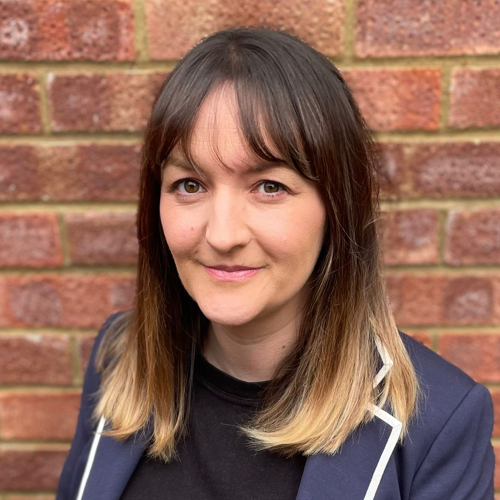The second cost-of-living payment of £300 to help people with rising prices will start arriving in bank accounts from today.
It will be paid to over eight million households and is the second of three payments, totalling £900.
The government has also confirmed an extension to the £2 bus fare cap which was expected to rise to £2.50 after 31 October. It comes off the back of redirected HS2 funding (see below for more on this).
The first cost-of-living payment of £301 was made in April and the final payment of £299 will be paid in spring 2024.
As part of the second tranche of payments, they will be made from today until 19 November for most people who are eligible.
The money is paid automatically so those who are eligible don’t need to do anything in order to receive the cash.
You’re eligible if you’re in receipt of one of the following benefits:
- Universal Credit
- Income-based Jobseekers Allowance
- Income-related Employment and Support Allowance
- Income Support
- Working Tax Credit
- Child Tax Credit
- Pension Credit.
You need to have been entitled to the payment for a qualifying or assessment period between 18 August and 17 September this year.
These payments are tax-free and do not count towards the benefit cap. They also have no impact on a person’s benefit entitlement.
Anyone who receives Tax Credits only and does not qualify for the cost-of-living payment, will receive £300 from HM Revenue and Customs (HMRC) between 10 and 19 November. To be eligible for this payment, you need to have received a payment between 18 August and 17 September 2023.
Eligible pensioners are also set to receive an additional £300 through Winter Fuel Payments this year providing them with up to £600 to help with energy bills.
A £150 rebate will also be paid to around three million low-income households through the Warm Home Discount.
From 1 November, the Cold Weather Payment scheme will also begin. It provides payments of £25 a week if temperatures fall below zero for more than seven days in a row in the UK.
‘Winter can be a particularly challenging period’
Prime Minister, Rishi Sunak, said: “I know that winter can be a particularly challenging period for many families across the country.
“That’s why we have put in place a package of immediate support for vulnerable households over the coming months.
“We are lowering travel costs through the bus fare cap, which we are able to do because of our long-term decision to cancel phase 2 of HS2.
“We are also providing an extra top-up to help pay energy bills and direct payments to cover the cost of day-to-day essentials.”
£2 bus fare cap extended
The government also confirmed an extension to the £2 bus fare cap. It will keep the cost of most single bus journeys across England at £2.
The ‘Get Around for £2’ scheme started in January 2023. It was initially meant to last for three months but it has been extended several times.
The cap was due to be increased to £2.50 but this rise has been scrapped. The cap has so far helped cut bus fares in England by an average of 7.4%, outside of London.
Transport secretary, Mark Harper, said: “Buses are the most popular form of public transport and help people across the country get to work, attend medical appointments, and see loved ones – that’s why we are extending the ‘Get Around for £2’ scheme all the way to 31 December 2024.
“Extending the £2 bus fare cap has only been possible with the redirected HS2 funding secured by this government making the right long-term decisions for a brighter future, delivering immediate benefits and helping people save money.”

